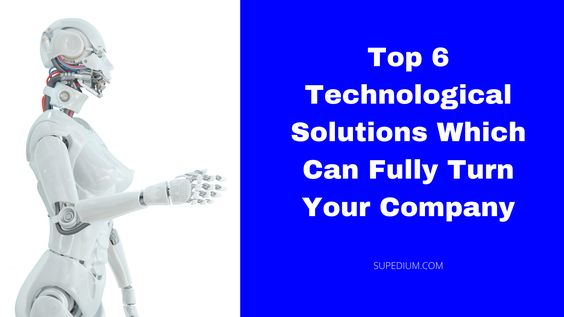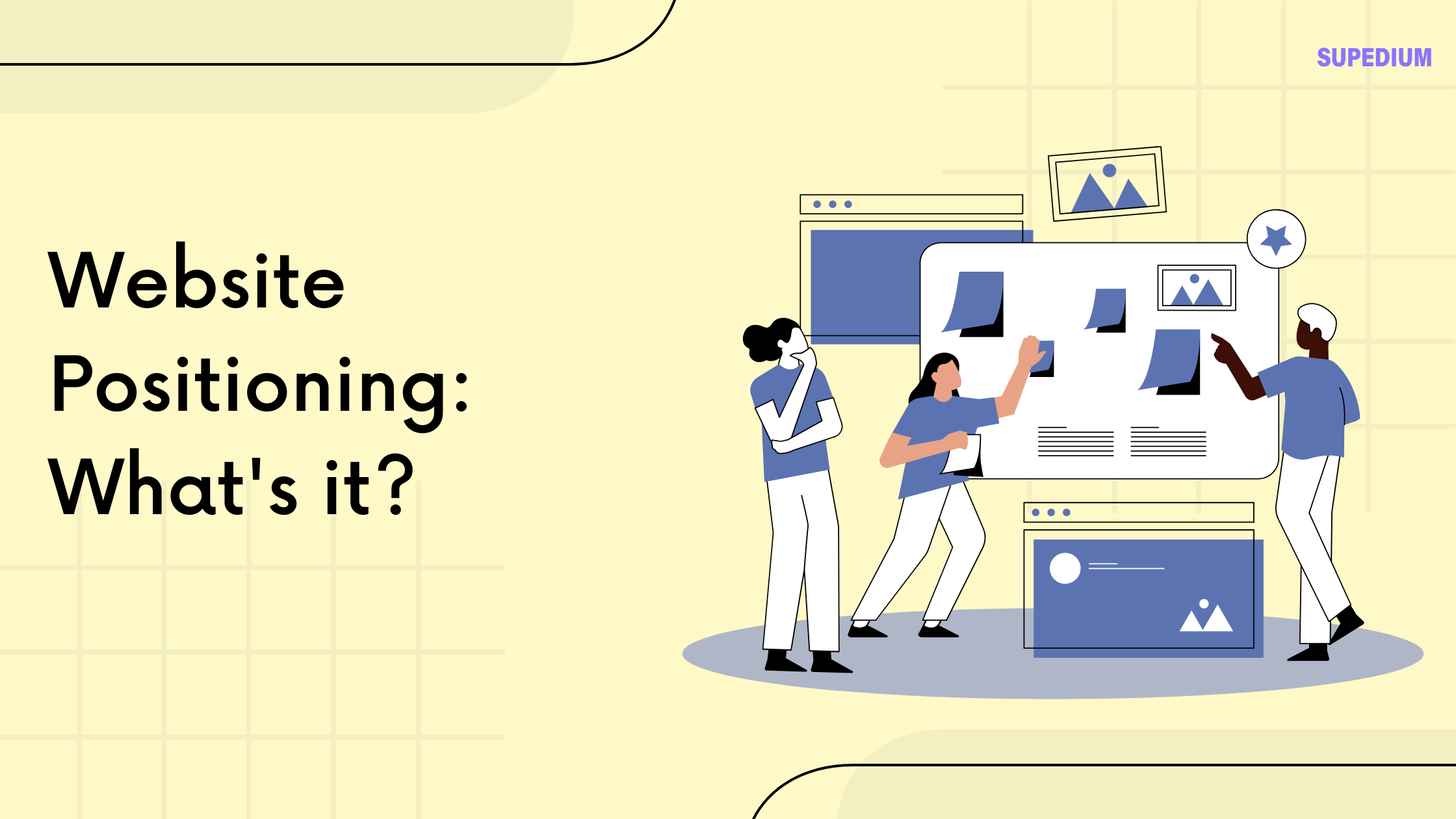Table of Contents
![]()
If you are a company owner, you should adapt to the controls of the marketplace whether you are floating or sinking. You have to satisfy demand without biting over or wasting too much money to reach your ultimate target. The speed of technology change has had an extreme effect on almost every sector. Today, it is not enough to keep up with modern developments but to keep them ahead.
We will look in this piece at six technical solutions that can fully turn your company and take it to new levels.
(1) Chatbots
Chatbot technology allows businesses to offer full-time service to their clients, without the costs of maintaining a full-time workforce. Chatbots can assist in monitoring and answering questions, delivering automated customer support through various platforms and learning from the information given by your clients.
According to a recent Business Insider survey, by 2020 more than 85 per cent of client interactions are expected to be handled without a human. This also means that chatbots become an appropriate and anticipated form of customer service quickly.
Before you start a new service, try to think about how to do this:
- Integrate human touchpoints into bot customer support.
- Capture the thread of a bot conversation or track for accuracy by educating current customer service representatives.
- Function in close partnership with your tech representatives to programme artificial intelligence that can manage basic customer requests.
- Engage, learn from and train consumers to drive customers to buy.
If you run an eCommerce company, deploying a chatbot is a must because you want to have smooth and productive customer interactions.
(2) Huge Data Volume
Big data can be critical to the target growth of companies. There are currently about 30 zettabytes of data worldwide (most of which are made from online networks, watches and other connected devices every minute, relative to those produced between early time and 2000). This number would rise to 175 zettabytes by 2025.
Every company, whether it’s a small startup or a Fortune-500 company, requires data-driven insights to perform well. Big data plays a major role in identifying the needs of the target audience and consumer desires. It allows you also to recognise your needs.
Big Data enables you to test various iterations of computer-aided high-end designs in seconds. For example, you can collect information within a supply chain about material costs, lead times, efficiency and more by using big data. This knowledge helps you to improve the overall productivity and efficiency of different production processes.
Many companies use data-based techniques to capture, compute and evolve through existing rivals and even new entrants. This is why you can find examples of the use of big data in almost every field, from IT to healthcare.
(3) Automation
In helping businesses do more by eliminating repetitive tasks and integrating smart workflows, the role of automation in business can be seen. Business automation also improves the exposure of what happens at work and in your daily business, giving you even more time to reflect on business problems needing greater attention.
Automation tools systemically segment knowledge. That’s exactly why one of the greatest advantages of business automation is that the team saves time on repeatable manual tasks.
Companies will use automation to manage your and other data entries. This will allow the staff more time to concentrate on improving customer loyalty with excellent service. In turn, this will lead to more conversions and leads the flow.
Automation is a one-stop solution for growing the company visibility, transparency and centralised processes to expand and support more clients. It will help you handle workflows, automate repetitive tasks, and provide all your customers with a consistent experience. This helps boost the bottom line of the business in the long run.
(4) Wearable Application
If you are searching for the right avenue to meet your clients or a tactic to make workers more efficient, wearable technology can change the way your everyday company communicates.
E-commerce companies such as Amazon use GPS trackers in their warehouses to increase their employees ‘ overall efficiency. Only a couple of years ago, Salesforce’s CRM pros compatible their apps with popular wearable brands so businesses would improve the productivity of their workers on the go. And if your consumers use these same devices, your marketing channels will also grow.
However, Google Glass or an Apple Watch may not yet be the most popular piece of wearable technology to affect your company. Wellness services with health trackers are also closely correlated with businesses that negotiate lower mutual insurance policies. Not a poor cost for small companies to reduce by 2020, right?
(5) Computer Learning
It may sound revolutionary, but Machine Learning (ML) has long shaped the way you communicate with computers. For example, a robust algorithm uses the Gmail spam philtre to recognise and sort messages based on their content. Over time, the algorithm can recognise messages originating from strange email addresses or from messages that use strange syntax and label them as spam. Briefly, machine learning keeps your inbox free from spam.
Big retailers worldwide use the same technologies to improve their online customer service, says TechCrunch.com.
“Home Depot must demonstrate the bathrooms fit into a huge inventory of the odd bathroom of someone,” says Lukas Biewald. “Apple wants to view applications in its app store. When a consumer types in a certain form of tax, Intuit needs to make a good support page. That’s why research firm Gartner predicts that machine-learning investment can only expand soon. Companies are expected to invest $3.5 trillion on IT services globally over the coming year, and a substantial proportion of it is expected to finance ML technology.
Businesses without access to these services should keep track of what startups are doing with this technology and see to it that software packages and the research tools are enhanced. Making strategic investments in customer management, person marketing or in machine-learning inventory management software would only put you ahead of your competitors.
In addition to the above, many other innovations work well for your counterparts on the market as we speak. As a company owner, you can continually search for new ways of innovating and doing things better.
The cornerstone of a robust future for companies has already been built through rapid technological development. Only those who change their sails and want to keep up with the speed at which these developments happen will win in the long term.
(6) Blockchain
The technology that independently verifies and prompt Bitcoin transactions also apply to companies. Naturally, here we’re talking about Blockchain!
It is not difficult to see why this technology is so rapidly transforming the financial sector. Bitcoin purchases remove the need for an intermediary-banks that check transactions and transfer capital. With blockchain, computer networks and others have balances and safeguards – not individual entities.
So, for business owners, what does that mean? For one, it ensures that companies with the ability to make payments in Bitcoin will see financial improvement. In comparison to credit cards processing, Bitcoin fully prevents transaction charges. And since the virtual currency is not linked to any region, you will also not have to worry about exchange rates.
According to the United States News & World Report, about 100,000 companies worldwide now operate regularly with Bitcoin transactions for exactly these reasons. Bitcoin purchases can be in their electronic pockets in just a few hours, as contrasted with credit card transaction, which can take several days to show up on merchants’ accounts, are also vital to your survival.
When blockchain technology becomes more popular, you can also begin to see other business areas being taken over. In the medical field, technology analysts expect that hospital networks will use blockchain to quickly validate and update patient records and diagnoses. Experts also expect to see education, insurance, and retail blockchain software. Imagine the business ramifications of not having to sign, print and scan contracts any longer.
Share This





Be the first to comment